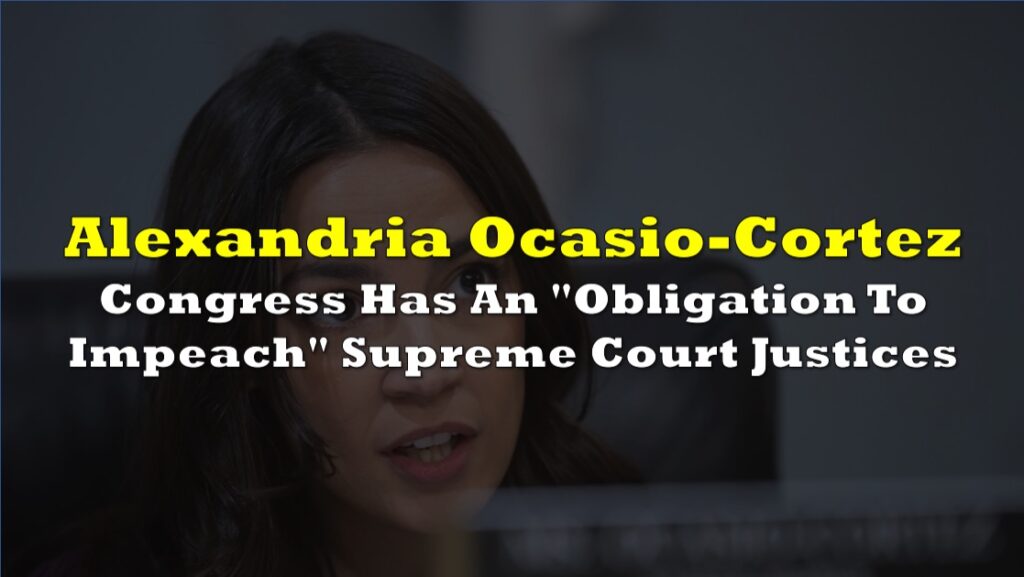Tech giants Meta Platforms (Nasdaq: META) and Nvidia Corporation (Nasdaq: NVDA) are seeking to dismiss significant fraud lawsuits before the US Supreme Court. The outcome could fundamentally alter how shareholders hold companies accountable for alleged securities violations.
The cases arrive before the court’s conservative majority following several decisions that have already diminished the Securities and Exchange Commission’s regulatory authority. Legal experts suggest these hearings could further alter the balance between corporate interests and investor protections established by the Securities Exchange Act of 1934.
Leading the charge against Meta is Amalgamated Bank, representing investors who claim the social media giant concealed crucial information about a massive data breach. The 2018 lawsuit centers on the Cambridge Analytica scandal, where over 30 million users’ data was compromised, allegedly being utilized in Donald Trump’s 2016 presidential campaign.
When media reports exposed the breach in 2018, Meta’s stock value plummeted, prompting investors to seek compensation for their losses. While Meta has already paid substantial penalties — $100 million to the SEC and $5 billion to the Federal Trade Commission — the company maintains it had no obligation to explicitly disclose past incidents in its risk assessments.
In a parallel case scheduled for November 13, Stockholm-based investment firm E. Ohman J:or Fonder AB challenges Nvidia over allegations that the chip manufacturer deliberately downplayed its reliance on cryptocurrency-related sales during 2017-2018. Nvidia, which previously settled with federal authorities for $5.5 million, is invoking the Private Securities Litigation Reform Act of 1995 to contest the lawsuit’s legitimacy.
“The SEC is arguably under-resourced given the broad scope of its responsibilities,” Michael Perino, a St. John’s University law professor, told Reuters. “Securities class action lawsuits effectively deputize private attorneys to bring actions on behalf of aggrieved investors.”
Meanwhile, former SEC attorney Andrew Feller notes that business interests will likely “continue their recent pattern of aggressively challenging rules intended to hold them accountable.”
Information for this story was found via Reuters, and the sources and companies mentioned. The author has no securities or affiliations related to the organizations discussed. Not a recommendation to buy or sell. Always do additional research and consult a professional before purchasing a security. The author holds no licenses.









